Solid Gold: Beastie Boys 'Paul's Boutique'
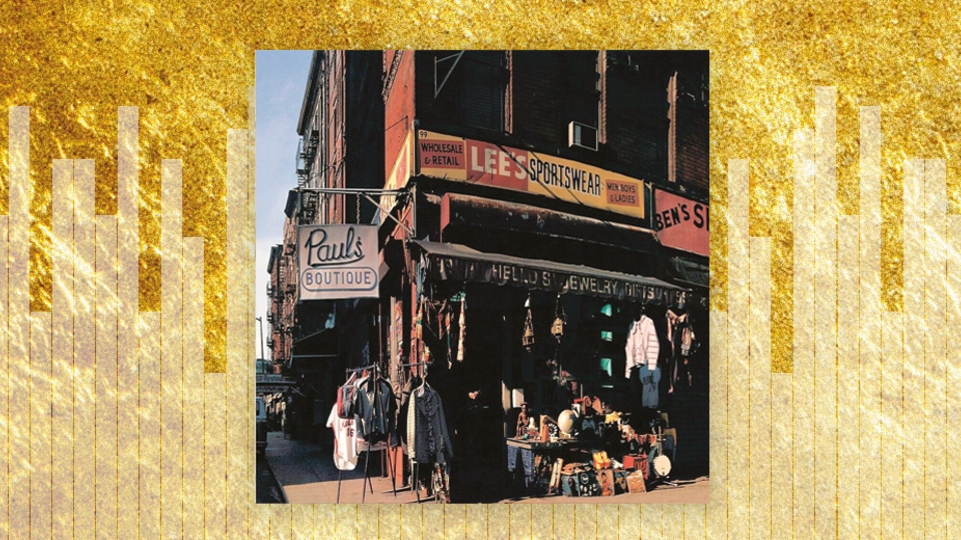
Ben Cardew revisits the rich sampling and undiluted fun of the Beasties’ cult classic second album
'Paul's Boutique', Beastie Boys’ second album, is the sound of unrestrained musical joy; an adventure playground bouncy castle fart-joke of a record where boundary-pushing, world-building fun drips from every pore. It is also utterly influential, a work of sampling technology running wild, free and unencumbered by legal headaches — a cut-and-paste, plunder-phonic masterpiece that The Avalanches, Beck and The Chemical Brothers would all sound very different without. Much of the credit for this must go to the Dust Brothers, the L.A. production duo who birthed ‘Paul’s Boutique’ from existing instrumental tracks. “The Dust Brothers had a bunch of music together before we arrived to work with them,” Beastie Boy Adam Yauch told Clash Magazine. “As a result, a lot of the tracks come from songs they’d planned to release to clubs as instrumentals — ‘Shake Your Rump’, for example. They’d put together some beats, basslines and guitar lines, all these loops together, and they were quite surprised when we said we wanted to rhyme on it, because they thought it was too dense.”
Around half of the backing tracks for ‘Paul’s Boutique’ were already written when the Beasties got involved in 1988, looking to follow up their multimillion-selling debut album ‘Licensed To Ill’, with the other half written collaboratively, according to Yauch. Layered and intricate the music may be — but “dense” is entirely the wrong word for the beats on ‘Paul’s Boutique’, which are intricate, complex and light, a world away from the Bomb Squad’s diamond-tipped aural assault on those early, equally influential Public Enemy records. Bomb Squad beats sounded like a knuckled fist smashing through your speakers; ‘Paul’s Boutique’ was a hug and a joke with an old friend, that had far more in common with Prince Paul’s work on De La Soul’s ‘3 Feet High And Rising’, released just a few months before ‘Paul’s Boutique’.
The Dust Brothers sampled 105 records on ‘Paul’s Boutique’, from The Beatles to Idris Muhammad’s 1974 jazz odyssey ‘Power Of Soul’, but the results never felt like overkill. Sampling the biggest band in the world — ‘Paul’s Boutique’s ‘The Sound Of Science’ borrows from ‘When I’m 64’, ‘The End’ and ‘Sgt. Pepper’s Lonely Hearts Club Band’, both original and reprise — might seem like the kind of head-slappingly obvious move a rookie producer would make once in their career. But the Brothers and Beasties make The Beatles bend to them without being overwhelmed by their legacy, the Fab Four’s classics becoming just one more piece in the ‘Paul’s Boutique’ jigsaw alongside David Bromberg, ‘Duelling Banjos’ and The Crusaders.
‘Paul’s Boutique’ was one of the first records to be built almost entirely on samples, a landmark release where sampling was the main course rather than the musical garnish. As such, it helped to prove that sampling can be its own creative act, with daring juxtaposition — placing Paul McCartney alongside Pink Floyd, Donny Hathaway, David Bromberg and Jean Knight on ‘Johnny Ryall,’ for example — as legitimate musically as playing a D chord next to an E minor. There is something of the Marcel Duchamp to the record’s irreverence, with Beatles samples the musical urinal in the gallery of recorded history. And ‘Paul’s Boutique’ doesn’t just use the right records, it uses them cleverly, employing samples for melody, rhythm and texture or simply to make a joke.
Important though the Dust Brothers were to ‘Paul’s Boutique’, we should not ignore the Beasties’ role in making this album so special. It’s not just that they had the vision to jump on these thickly layered tracks — not exactly a typical move of a superstar pop act looking to follow up their blockbuster debut album — they also had the personality to make it work, to take the sonic universe the Dust Brothers created, add their own topping and make it their own. The three Beastie Boys may never have been the best rappers technically, but they are lethally effective in hooks, jokes and swaggering performance on ‘Paul’s Boutique’.
The album is stacked with brilliant, endlessly quotable lines — “got more rhymes than Jamaica got mangoes,” “your boyfriend doesn’t know about me and your mother” — that became party-worn in-jokes to listeners over the years. The rapping on ‘Paul’s Boutique’ sounded like an entry-point into a fantasy world of fun that was far more interesting, surreal and downright cool than wherever you happened to be. In a way, their rapping resembles advertising slogans: full of memorable lines that stick in the head, while promising something better.
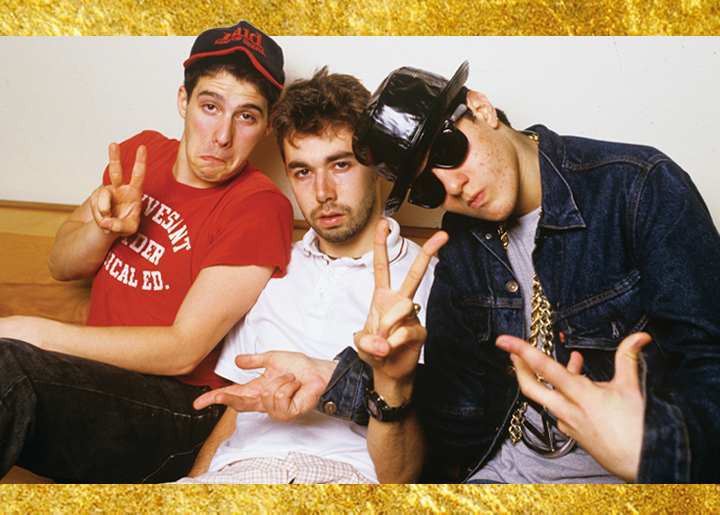
Needless to say, this surreal eclecticism was not what the Beastie Boys’ frat-boy fanbase was expecting. Released in July 1989, three years after their debut, ‘Paul’s Boutique’ limped to 24 on the U.S. Top R&B/Hip-Hop Albums chart, and the group’s new label, Capitol, soon gave up on it. The album did have some fans, though: Chuck D once claimed in an interview that the “dirty secret” among the black hip-hop community was that “‘Paul’s Boutique’ had the best beats,” while jazz legend Miles Davis apparently said he never got bored of listening to the album. Most of all, ‘Paul’s Boutique’ went on quietly growing in legend.
By 1999, it had sold 2 million copies, and it was an unexpected joy for music fans in the ’90s to discover that the Beastie Boys — yes, those Beastie Boys — had made an underground classic, largely undisturbed by public interest. ‘Paul’s Boutique’ was the template for the Beastie Boys to become one of the most universally adored bands of the ’90s and 2000s, an astounding volte-face of devious musical imagination. And if changes to sampling laws meant using 105 records on your own album was soon to become financially and legally improbable, that didn’t stop The Avalanches from aping the ‘Paul’s Boutique’ cut-up style on their own classic debut album ‘Since I Left You’, or thousands of mash-up artists from putting together improbable pop samples to forge intriguing new bootleg sounds in the early 2000s. Best of all, though, ‘Paul’s Boutique’ is an inexhaustible source of treasures – the funniest, silliest, most avant-garde record since Kraftwerk stopped singing about models in nightclubs.
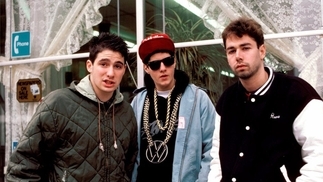
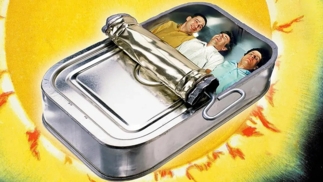
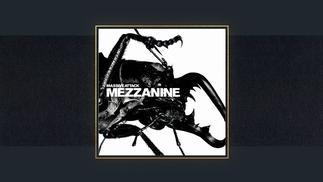
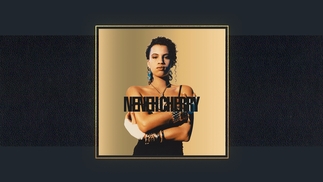
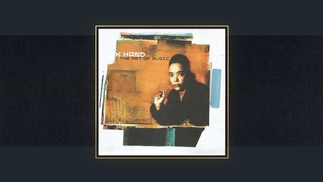
.jpeg97b2.jpg)